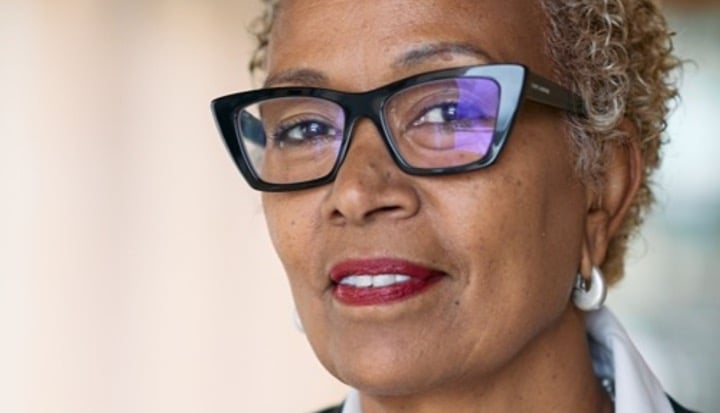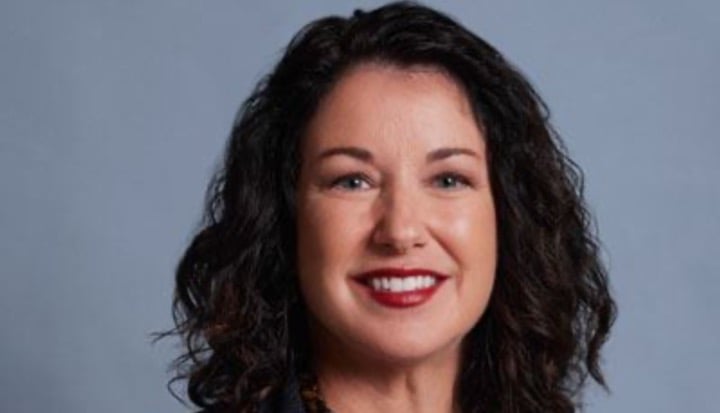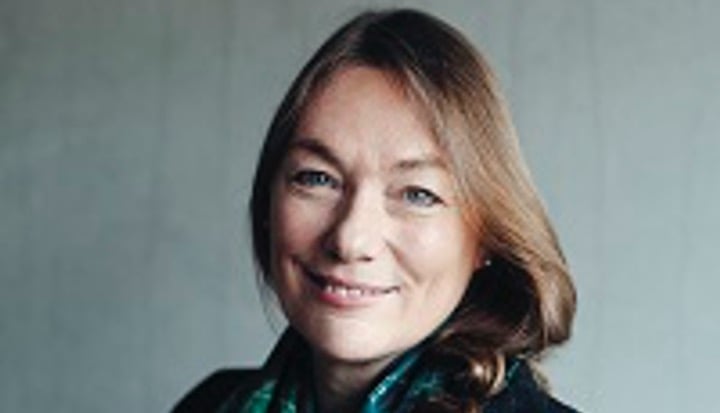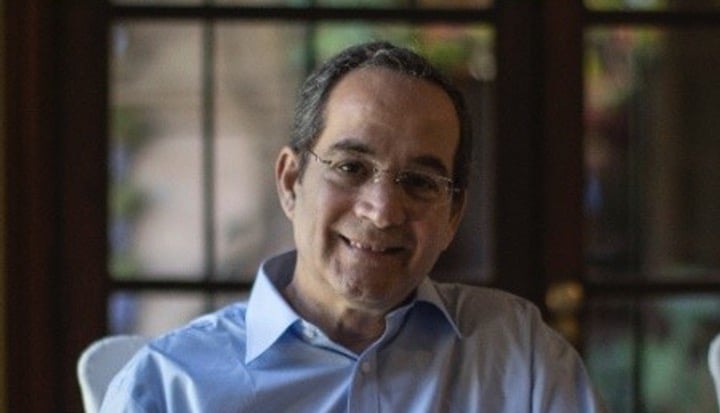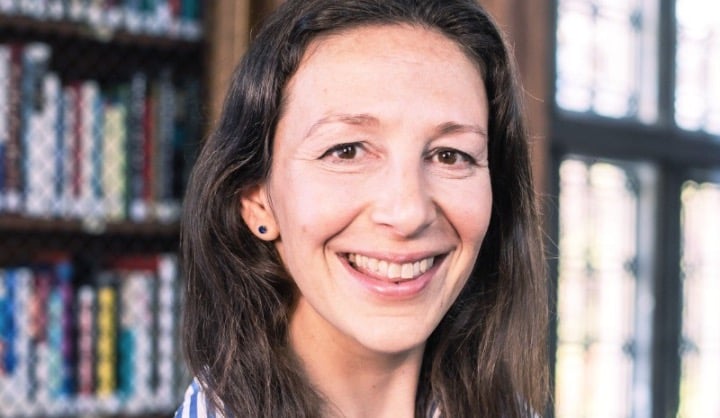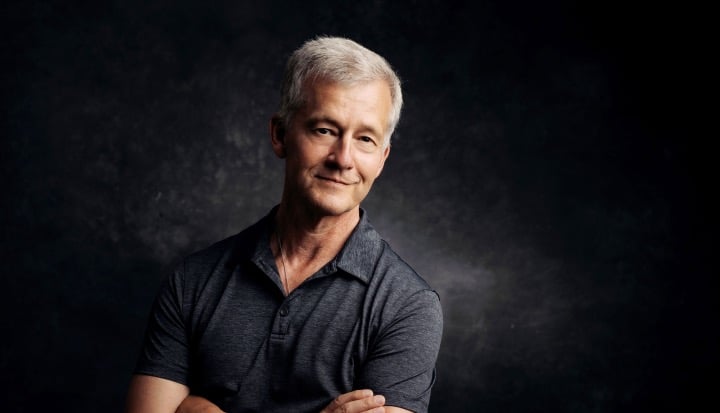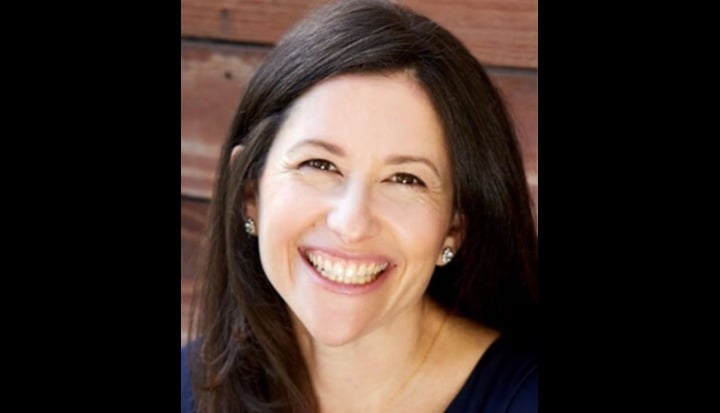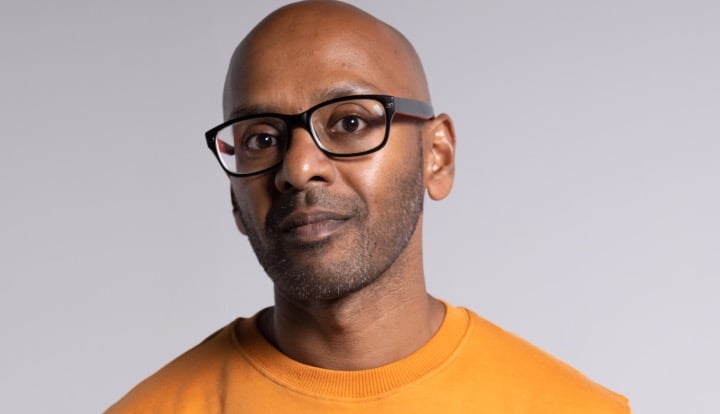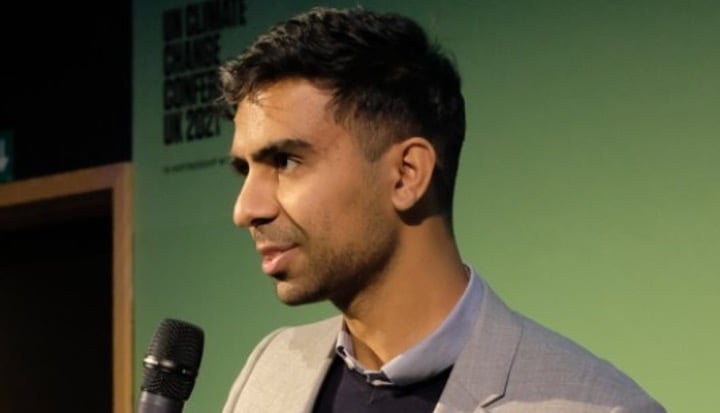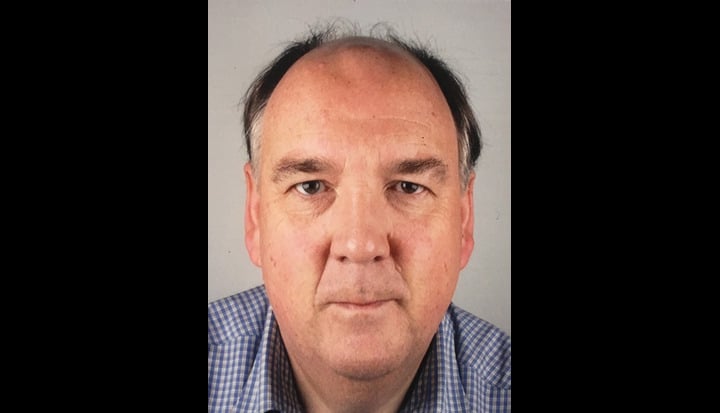BFP: What do you do?
KM: I run a brand strategy and insight consultancy called Nomadical.
We try to help organisations understand the landscape within which they operate, and make the best choices in terms of where they go, what they do, what they make, and how they tell their stories.
There’s a couple of areas of focus. One is international work – often helping multinationals operate across markets in ways that are flexible and sensitive to local conditions. For example, at the moment I’m working with a client to understand the market in the DRC, and make sure they’re building a portfolio that offers something of value for rural populations and ‘bottom of the pyramid’ segments, while building an inclusive distribution system and value chain.
The second is around socially-engaged organisations (a vague definition, but I’d include NGOs, fair trade brands, and others with an aim to effect positive change). Without big budgets, they need total clarity on their aims and messages in order to get their story across. But they often view branding and marketing with suspicion. An example would be some brand positioning work with a fair-trade clothing business. Unless they can differentiate and create sustainable demand, it really doesn’t matter how equitable the sourcing is – because nothing’s being sold.
I guess we try to help the ‘big guys’ be better, and the ‘good guys’ get bigger.
BFP: What is the best part about your job?
KM: From a personal point of view, I love the fact that my work forces me to learn – new categories, new countries, and new ideas. Part of that is about physically spending time in different places (most recently Kinshasa) in order to help clients really understand a place and its possibilities. But it’s not just about travel, it’s about being able to satisfy my curiosity about things I don’t currently understand.
But satisfaction only really comes when I can help a client turn those insights into actions that make a difference in the real world. That means providing people with what they actually need, rather than creating artificial ‘wants’. It means better use of resources – so prices are lower and products are appropriate for the people who need them most. And it means people get products that provide a real boost to their physical and social wellbeing, rather than substandard and overpriced tat.
BFP: What has been your greatest challenge?
KM: I’m often working in local markets for international clients, and it can be hard to pick a path through the minefield of assumptions. People often make false comparisons, impose answers that come from elsewhere, and assume that because they’ve seen something succeed (or fail) somewhere else, it’ll be the same here too. But if we follow false assumptions, we fail to respect local people and do justice to their preferences.
That’s not to say everywhere is entirely different – people often have more in common than I expect. But similarities have to be discovered through open-minded investigation, not imposed from a global HQ.
BFP: How have you overcome these challenges? What has been the secret of your success?
KM: There’s no substitute for empathy. Without it, it’s impossible to generate anything that makes sense from a branding or marketing perspective. So I always try to find processes that push clients to think about things as ‘normal’ people do. What would those people say? How would they feel? How do they really live? What would make life better? It’s important to build up that picture with fresh eyes, not just to colour it in based on what has been seen elsewhere.
And that goes for me too – I have to always be prepared to ask the naïve question. It’s often easier for me to do it than for my clients, who have to think about their position and their politics. The goal can’t be just for me to look clever. It has to be for the team – collectively – to get the best understanding that we can.
BFP: If someone wants to do what you do, where should they start?
KM: I spent some time in market research and analysis, to begin with – it was a helpful way to get some methods and principles to put real people at the heart of things. But you could also come into it through advertising, design, or technical research – any of those should build up the key skills of analysis and communication, as well as the vital ‘human’ side. Because ultimately the rigour and analysis means nothing unless you can explain things, build trust, and guide people towards the right answer for them.
BFP: What do you hope to get out of being part of the BFP community?
KM: It’s an opportunity to be exposed to different ideas, approaches, or frameworks – all from people who hopefully share my view that business is not only a possible route to improving the world, it may even be the most effective. And hopefully there may be some chances to collaborate – with potential clients, partners or suppliers – and turn our collective good intentions into something that works.
Thank you to Keith MacIntosh for taking the time to do this interview. Read his latest blog on microlending here.
We’re always looking out for members to feature. Help us by taking two-minutes to update your profile, or by nominating someone for Business Fights Poverty Member of the Week.
This Member of the Week interview was conducted by Hester le Roux, BFP Member Relations Manager. Read previous Member of the Week interviews here.

